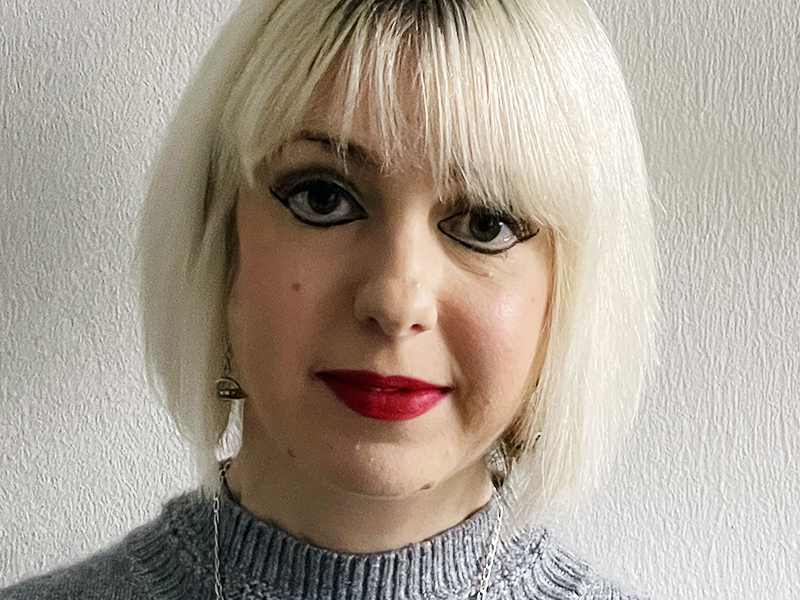Erica Young reflects on two years of Scotland’s Adult Disability Payment
Two years ago, the Scottish Government launched the Adult Disability Payment (ADP), which aims to support people with the extra costs of living with a health condition in accordance with the principles of dignity, fairness and respect.
To monitor its performance, an Independent Review of ADP was convened, which has now published its interim report.
The introduction of ADP has transformed the experience of applying for social security support in several positive respects. In contrast to its predecessor, Personal Independence Payment (PIP), applicants are not expected to undertake an intrusive assessment conducted by private contractors. Nor are they required to undergo an onerous process of re-establishing entitlement two years later. And the evidence of those who know the most about the person’s daily life is considered alongside the evidence of experts. CAS argued for these changes and we’re pleased to see them in place.
However, as we set out in our submissions to the review, there is still a distance to travel before it can be said that ADP has fulfilled its promise.
Eligibility for ADP is determined by assessing how limited a person is in their ability to perform certain activities of daily life. In our view, this approach has at times restricted ability to capture people’s real-life experiences in context, and to identify what barriers they face.
People are asked if they can, for example, prepare a meal, safely, repeatedly, and to an “acceptable” standard, but our experience is that individuals often find this hard to explain with reference to their own lives. It can also be difficult for people to grasp how the criteria apply to mental health needs.
Inconsistency and unpredictability in decision-making was a key theme in our evidence to the review, and we’re pleased to see this reflected in its findings.
The challenge ahead is illustrated by the cases of people that the CAB network supports who are living with eating disorders. The current ADP criteria are not able to account for the impact that such a condition has on a person’s experience of social engagement, washing, dressing and cognitive function.
Then take for example the case of James (not his real name), who experienced trauma as a looked after child. He now lives with PTSD, anxiety, depression and insomnia. He told his CAB that he felt overwhelmed by the application process and needed help to complete it fully and accurately.
CAB advisers are playing an essential role in helping people like James to navigate the system – every quarter we support over 8,500 people in Scotland with their ADP journey. Alongside the person’s friends and family, and Social Security Scotland, our advisers are a main source of support. This gives us a unique insight which has placed CAS at the heart of the review process, helping it to explore ways to ensure that ADP incorporates a robust safeguarding architecture.
ADP plays a critical role in enabling people to manage a condition optimally, live independently, sustain employment, envisage their future and participate in society. We welcome the review, which demonstrates a commitment to continuously improve social security in Scotland, and commend its collaborative approach, involving those with lived experience and stakeholders.
We believe the government must now commit to implementing the review’s final recommendations in full. This would represent a milestone on the road toward a truly world-leading support system.
Erica Young is part of the Social Justice team at Citizens Advice Scotland.
This column was first published in the Herald www.theherald.co.uk







